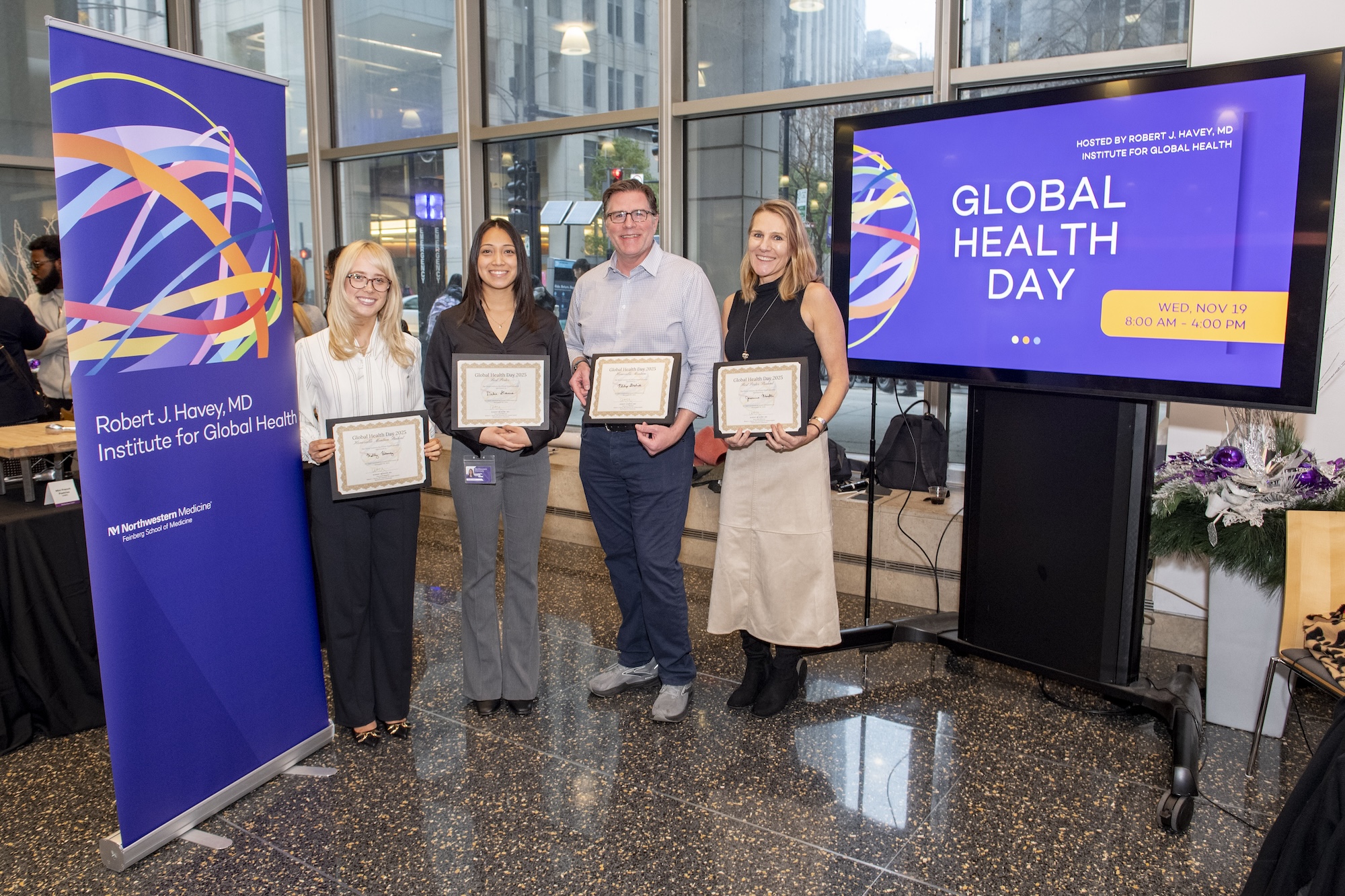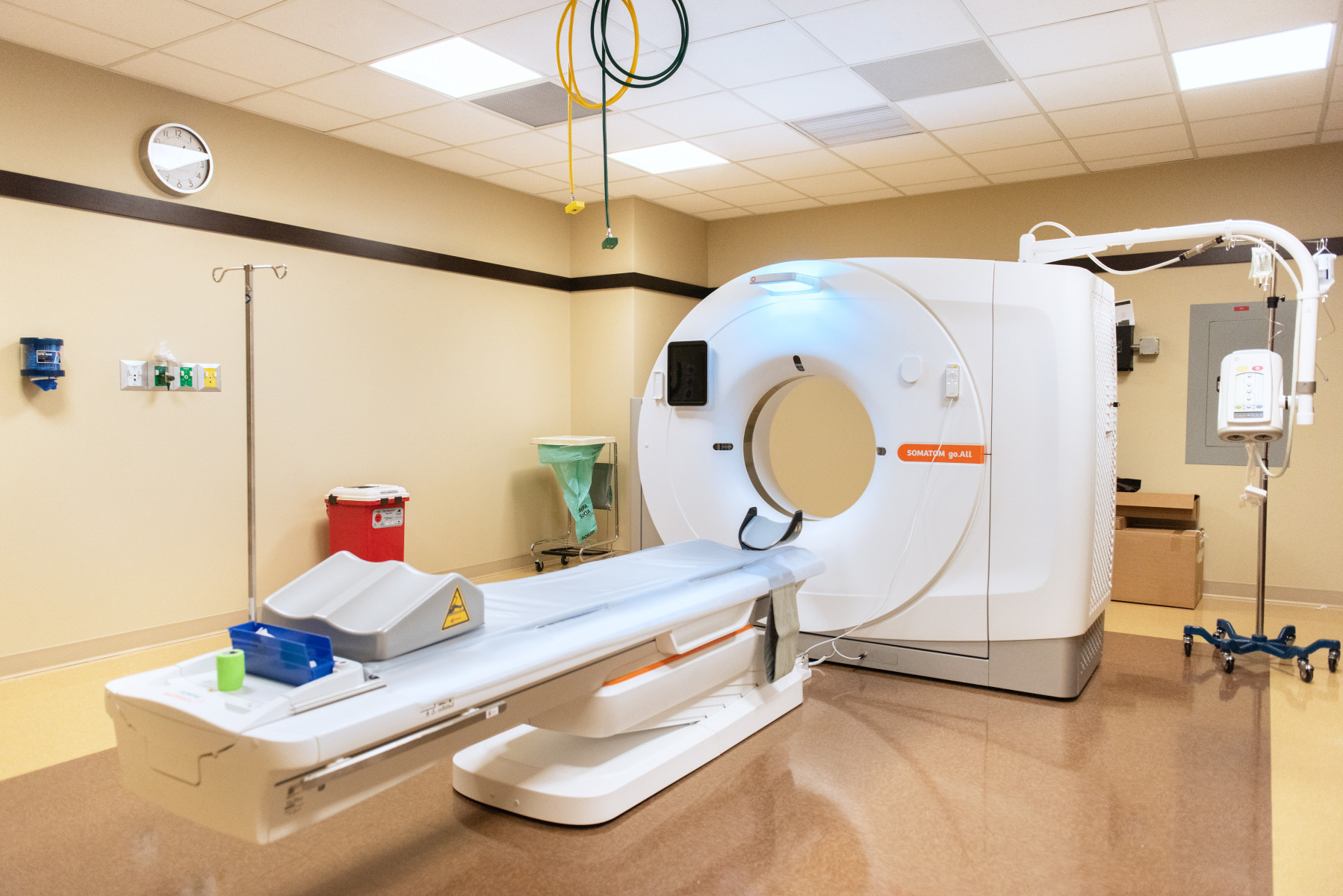The Breakthroughs podcast released 19 episodes in 2023 on topics ranging from implementation science and ChatGPT to new insights in dopamine and AI in healthcare. In addition to 16 new episodes, the podcast rolled out three rewind episodes, resharing relevant episodes on timely topics including exercise and Parkinson’s disease, food allergy and antibiotic misuse.
The top three most downloaded episodes this year were on varying topics including exercise and Parkinson’s disease, food allergies and recent discoveries about mitochondria. Listen to the top three most downloaded episodes of the year and earn Continuing Medical Education credit.
3. How Mitochondria Inform Disease Discoveries with Navdeep Chandel, PhD
Mitochondria are widely known as cellular “powerhouses” for their role in producing energy for cells. But pioneering research led by Navdeep Chandel, PhD, has proven mitochondria are also major players in lung disease, cancer, brain disease and immune-related diseases.
In this episode, Chandel discusses how his team’s recent findings could advance the design and implementation of new therapies. They have revealed how mitochondria function as signaling organelles, which control the body’s normal functions and impact disease onset. Chandel discusses these findings, as well as his pioneering research on the role of H2O2 in cellular health and disease and the potential of drugs like metformin for managing inflammatory responses.
Chandel is the David W. Cugell, MD, Professor of Medicine in the Division of Pulmonary and Critical Care, professor of Biochemistry and Molecular Genetics and a member of the Robert H. Lurie Comprehensive Cancer Center of Northwestern University.
2. Why Are Food Allergies on the Rise? with Ruchi Gupta, MD
Food allergies have been on the rise, and Ruchi S. Gupta, MD, MPH, has been leading important research on the topic. In the episode, she discusses the uptick in childhood food allergies and why this increase happening. Her research has also shown that food allergies are becoming more common in adults.
The episode discusses Gupta’s study published in JAMA Network Open, which found that 10 percent of adults in the U.S. — over 26 million — are estimated to have a food allergy. About half of those said they developed at least one new food allergy as an adult that they didn’t have as a child. This episode was originally published in 2019, but we re-released it this year with an update on Palforzia, which was approved by the FDA for treatment of peanut allergy.
Gupta is director of the Center for Allergy and Asthma Research; professor of Pediatrics in the Division of Advanced General Pediatrics and Primary Care, professor of Medicine in the Division of Allergy and Immunology; and professor of Preventive Medicine.
High-intensity endurance exercise is being studied across many sites in both the U.S. and Canada and in a diverse population for the first-time in 2020. A phase 3, multi-site clinical research trial, led by Daniel Corcos, PhD, has been testing if high-intensity treadmill exercise is more effective in decreasing the signs of Parkinson’s disease in individuals who have not initiated medication for Parkinson’s.
In this study, high-intensity exercise means that the heart is beating at 80 to 85 percent of its maximum for a 30-minute period, four times a week. Corcos said in the episode, “The question we want to answer is whether there is a benefit to exercising at the higher intensity in terms of slowing down the rate at which (Parkinson’s) disease progresses. No drug has been shown to slow down the rate at which the disease progresses.”
Daniel Corcos, PhD, is professor of Physical Therapy and Human Movement Sciences, with an appointment at McCormick School of Engineering and is a member of the Northwestern University Clinical and Translational Sciences Institute.
Breakthroughs is available on Apple Podcasts, Spotify, YouTube or wherever you listen to podcasts.






